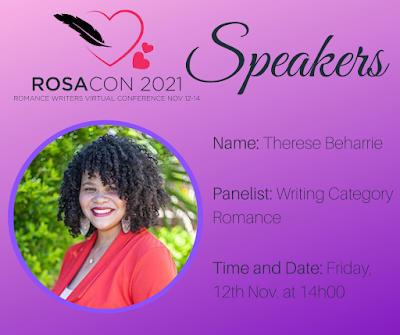You know that feeling when you’re reading a book and
it’s perfectly enjoyable, but you can’t help but think something’s missing? Maybe
this has happened in your own writing. You’re making your way through your book
and you realise it doesn’t read like some of your favourite romance novels. The
answer to this often lies in the conflict. Not sure what I mean? Keep reading
then!
There are two
types of conflict: external and internal.
External conflict is what tends to bring your
characters together. Maybe the hero’s father passes away and leaves a will that
dictates he must marry before he can inherit. He asks his best friend to marry
him until the inheritance is his; thereafter, they can live their lives
separately again (haha). Or maybe the heroine has a one-night stand, realises
she’s pregnant and has to tell the man she slept with.
Basically, the
external conflict is anything your characters face that comes from outside themselves.
External conflict can be linked to well-loved
romance tropes, too. In my earlier examples, you can see marriages of
convenience; friends-to-lovers; a surprise pregnancy; or perhaps even a secret
baby.
Internal
conflict, on the other hand, is what keeps your characters apart.
Internal conflict is more complicated than
external conflict. It’s the emotional issues your characters have that keep
them from simply being with one another. Perhaps our hero feels abandoned after
his father’s death, and can’t bring himself to love someone again, lest he be
hurt. Or maybe our heroine has dated a controlling man before and is terrified
of it happening again. When she falls pregnant, and the hero asks her to marry
him, she thinks he’s trying to control her, and she can’t accept it. Usually
where your internal conflict is concerned, your characters start in one place –
the place of hurt or fear – and end in another.
The journey the
characters go on in the romance should dictate where that end place is.
In the above examples: the heroine shows the hero
that love is worth taking the chance of being hurt for. Or the hero proves that
he doesn’t want to control the heroine; only love her. The stronger the
internal conflict, the more satisfying the romance. So while the external
conflict is important, it’s really the internal conflict that’s king. At least
in romance.
The point?
Conflict of both kinds need to appear in your romance novel. While most
readers might not know what it is in so many words, they’ll definitely miss it
if you don’t have it!
You can find Therese Beharrie on Twitter or Facebook!





